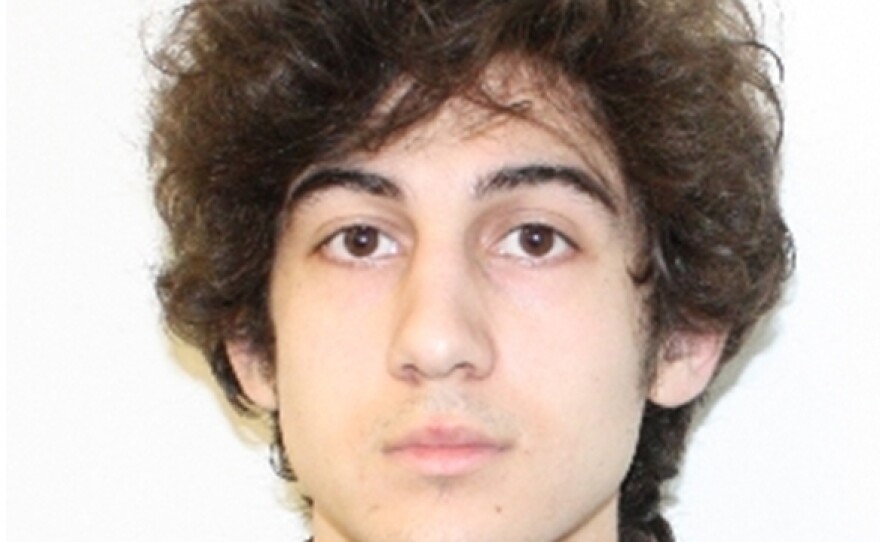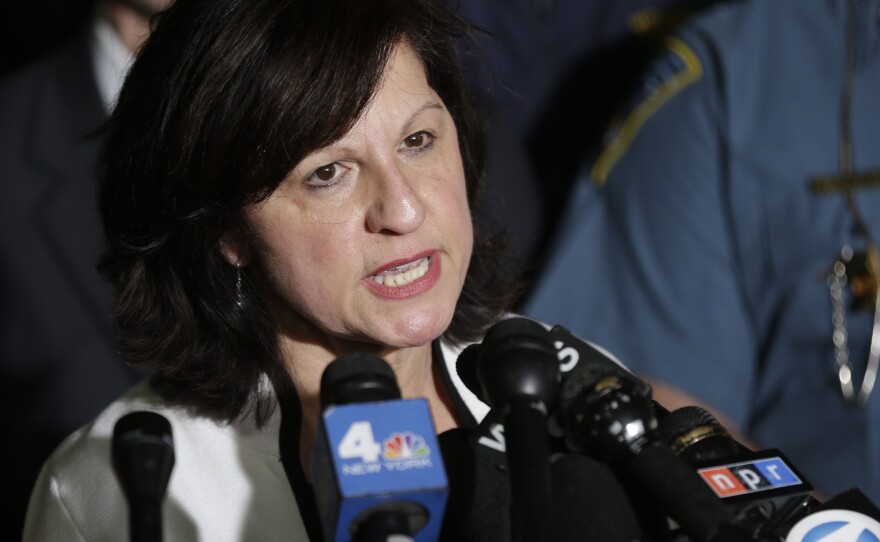Boston bombing suspect Dzhokhar Tsarnaev has not yet been questioned -- but officials' decision not to read him his Miranda rights is the subject of much debate.

The Miranda warning, which informs suspects of their rights, including the right to remain silent and to have legal counsel, is being withheld from Tsarnaev under the public safety exception, which U.S. Attorney for Massachusetts Carmen Ortiz has said officials are invoking due to an immediate threat to the public.
Tsarnaev, who is a naturalized U.S. citizen, is in custody while receiving treatment in a Boston-area hospital. Federal officials say the suspect will be questioned by a special interrogation team when he is able to communicate.
Former Attorney General John Ashcroft helped create the framework for prosecuting those accused of terrorism, as part of the most recent Bush administration.
"The legal argument for the exception is that in times of exigency, where the public might be in danger, it is possible to interrogate an individual at some level in order to relieve the public of the danger, without first having given the Miranda warning," Ashcroft tells Rachel Martin, in an interview for Sunday's Weekend Edition.
But the use of the exception can bring complicated legal questions, including "at what point does the administration of the warning become a necessity," Ashcroft says.
Critics of the move, such as the American Civil Liberties Union, are urging law enforcement officials to read Tsarnaev his rights, and warn him that anything he says could be used against him.
"Every criminal defendant is entitled to be read Miranda rights," ACLU executive director Anthony D. Romero said in a statement released Saturday. "The public safety exception should be read narrowly. It applies only when there is a continued threat to public safety and is not an open-ended exception to the Miranda rule."
With a legal precedent dating to 1984, the public safety exception predates Ashcroft's time on the job -- for a review of the rule's history, and another dissenting opinion on the government's decision, you might read Emily Bazelon's exploration of the issue for Slate.
Ashcroft acknowledges that the tactic comes with a risk: that any information gleaned before a Miranda warning has been issued might be tainted in court.
"You don't want to get evidence that would be very valuable, maybe essential to a conviction, which is excluded based on the fact that a Miranda warning was not given, or improperly given," he said.
As for the Tsarnaev case, Ashcroft says that the multiple crime scenes -- among them the marathon finish line; the MIT campus where a police officer was killed; the car the suspect allegedly stole in a carjacking; the boat in which Tsarnaev was finally discovered -- suggest that there might be "plenty of evidence" for prosecutors to rely upon in court.
"It's very likely that there are evidentiary resources that have nothing to do with his interrogation," Ashcroft says. "I think that's the reason the administration is very willing -- and properly so -- to run certain risks about making sure we get all the information that would provide a basis for preventing additional harm to the public, here."
Ashcroft says that the policy of not administering Miranda rights to suspects has brought some successes, reciting a list that includes the Times Square bomber, the shoe-bomber case, the Moussaoui case, and "the so-called underwear bomber case."
And he says that in the Boston case, three types of cases are likely available to prosecutors, stemming from state crimes such as murder to federal offenses such as carjacking to a possible trial as an enemy combatant.
If Tsarnaev could be considered an enemy combatant, "then he would susceptible to prosecution for a violation of the law of war," Ashcroft says. "And laws of war prosecutions are adjudicated by military commission."
A group of senators that includes Lindsey Graham and John McCain applauded the decision not to read Tsarnaev his Miranda rights -- but they urged prosecutors to go another step further, and use the "enemy combatant" designation in handling the case, instead of relying on the public safety exception.
"The suspect, based upon his actions, clearly is a good candidate for enemy combatant status," the senators said in a statement. "We do not want this suspect to remain silent."
Copyright 2013 NPR. To see more, visit www.npr.org.






